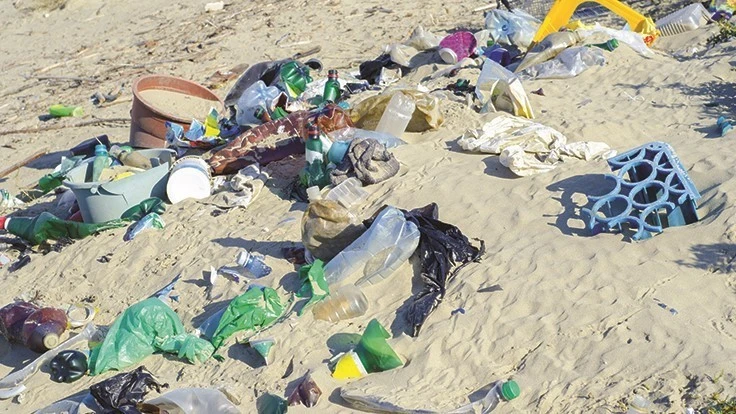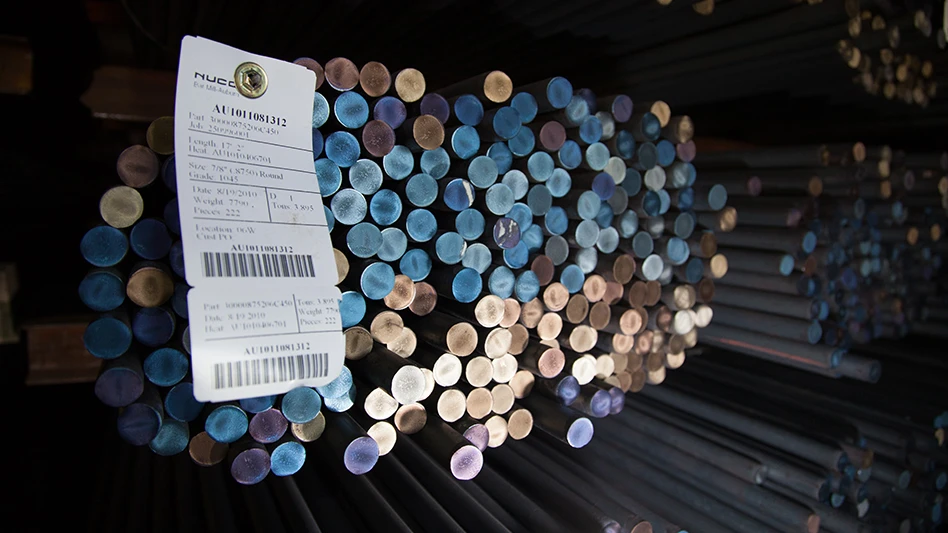
This week, the Senate and House by unanimous vote passed the Save Our Seas Act of 2018, which reauthorizes the National Oceanic and Atmospheric Administration’s Marine Debris Program and calls for the U.S. government’s help in supporting international waste management solutions to reduce marine debris.
In statements this week, the Plastics Industry Association and the American Chemistry Council, both based in Washington, applauded Congress for passing the Save Our Seas Act. Plastics says the bill will help reduce the amount of waste in the ocean and promote recycling in developing nations, as well as enhance research and development that could help spur innovation to reduce marine debris.
Cal Dooley, president and CEO of ACC, testified this week at the Senate’s hearing on Cleaning up the Oceans: How to reduce the impact of man-made trash on the environment, wildlife and human health.
“While marine debris is a huge problem, it’s also a solvable one,” Dooley says. “We have long supported the Save Our Seas Act, legislation that will focus U.S. resources, technologies and investments in places where they are needed most.”
“Recent studies show ocean plastics most often result from poor waste management infrastructure, including insufficient collection, recycling and recovery facilities in rapidly developing countries," he adds.
The act includes provisions for Congress to work with foreign waste leaders and to support research, development and investments on systems and materials that reduce the amount of waste that enters the oceans. NOAA’s Marine Debris Program will also work on outreach and education strategies with other federal agencies to address sources of marine debris.
“Thoughtful, well-designed legislation such as the Save Our Seas Act is part of the answer,” Dooley says. “We applaud the passage of this important legislation.”
The ACC and its members are working with governments, nonprofits and industry peers to deliver sustainable solutions to marine debris, Dooley says. In May, ACC announced national goals to reuse, recycle or recover all plastic packaging by 2040 and for all plastic packaging to be recyclable or recoverable by 2030.
“We know there is much more to be done, and we and our members are actively engaged in delivering well-researched, sustainable solutions to reduce litter and prevent marine debris.”
During the fall Plastics fly-in, industry leaders met with lawmakers to discuss marine debris and the need for enhanced recycling infrastructure to properly dispose and process plastic material from the waste stream. In the release, the association says "this is just one example of the impact our industry can make when we engage with legislatures and call for change."
The bill will now have to be approved by the president.
“We urge the president to sign this bill into law,” Dooley says.
Latest from Recycling Today
- Nippon Steel acknowledges delay in US Steel acquisition attempt
- BASF collaborates to study mechanical plastic recycling
- Commentary: navigating shipping regulations for end-of-life and damaged batteries
- Haber raises $44M to expand to North America
- Canada Plastics Pact releases 2023-24 Impact Report
- Reconomy brands receive platinum ratings from EcoVadis
- Sortera Technologies ‘owning and operating’ aluminum sorting solutions
- IDTechEx sees electric-powered construction equipment growth





